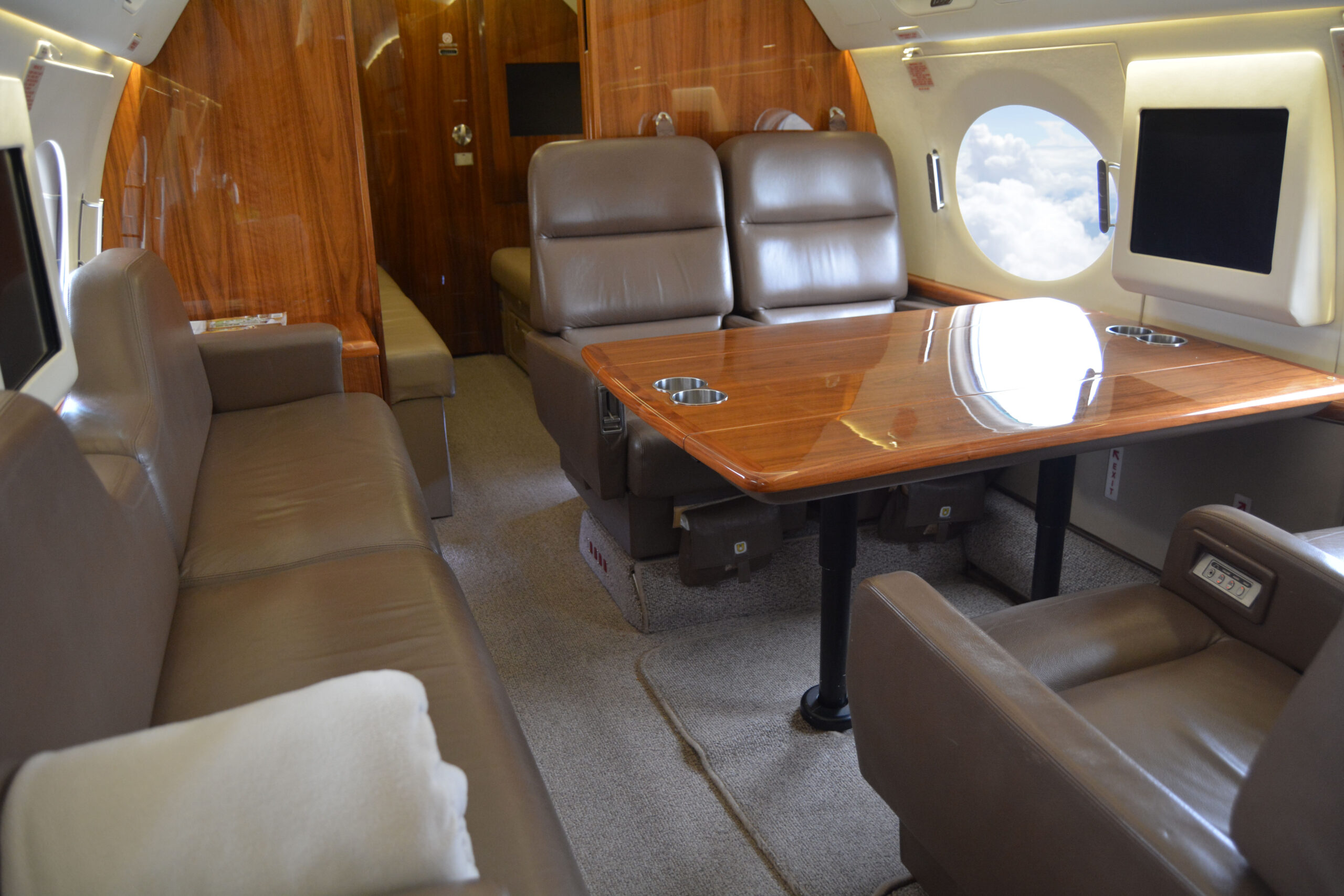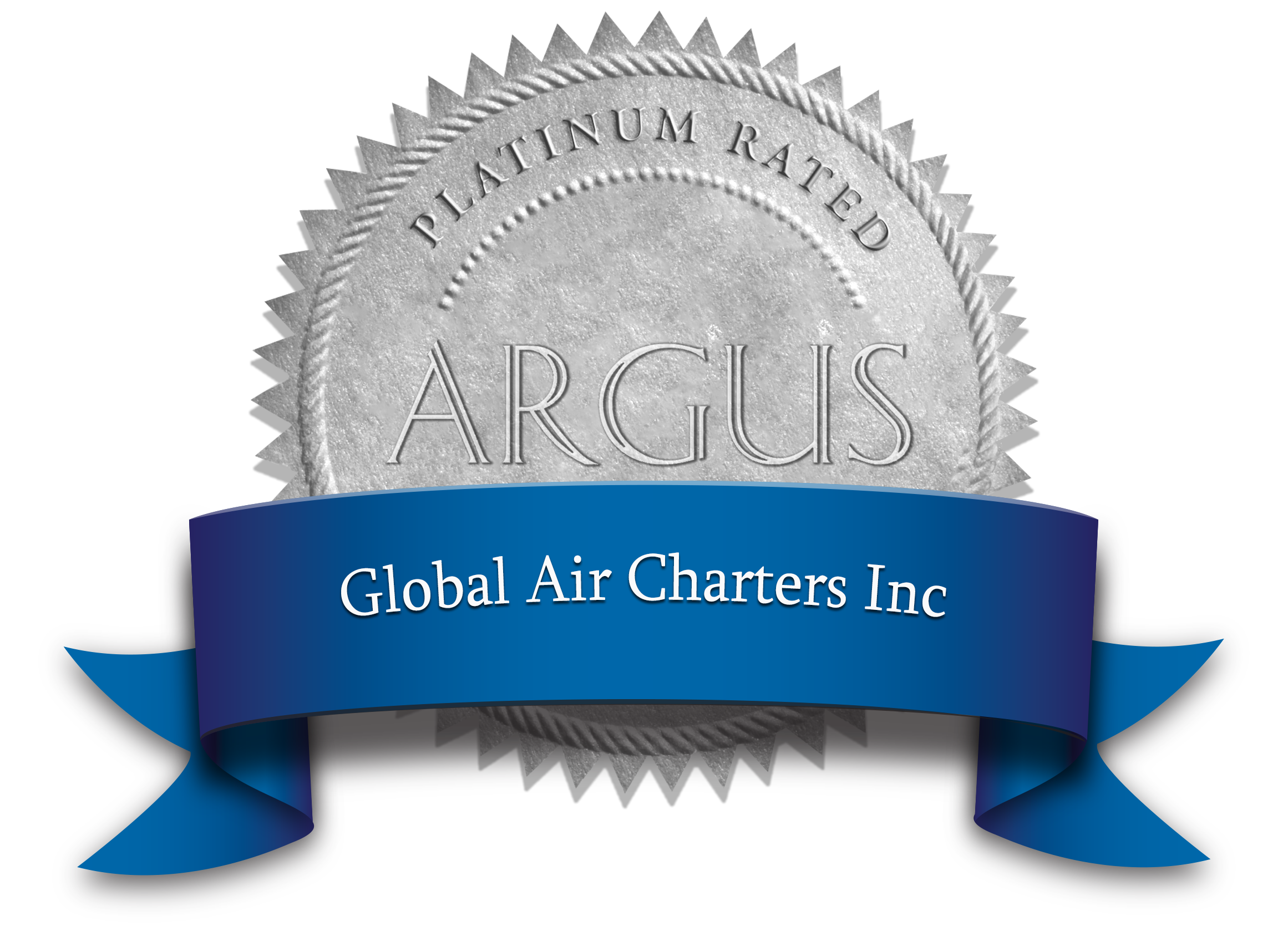Here’s what you need to know about the financial trajectory of your airframe investment
With millions of dollars on the line, it is crucial for potential private jet owners to understand how depreciation factors into their investment. There are several ways to anticipate a jet’s loss of value. Each value projection plays a pivotal role in your airframe investment strategy.
 Global Air Charters is an expert in the field of aircraft management. We have deep experience in developing financial plans for the lifetime of an airframe so owners can make the most informed investment decisions.
Global Air Charters is an expert in the field of aircraft management. We have deep experience in developing financial plans for the lifetime of an airframe so owners can make the most informed investment decisions.
“Depreciation is a fact of jet ownership, and how you choose to utilize your airframe will greatly affect your asset’s value over time,” says Global Air Charters CEO Michael Vanacore-Netz. “Factoring in depreciation is just one aspect of a holistic aircraft management strategy that you should have in place before buying a jet.”
Here are a few key points in understanding private jet depreciation. Contact us anytime to learn how to put your airframe on the right path for financial success.
Why Do Jets Depreciate?
Just like any vehicle, an airframe experiences a gradual loss of value. This comes from wear and tear, technological obsolescence, and decreasing functionality over time. Depreciation is an accounting technique that attempts to quantify this decline.
Depreciation gives businesses a more accurate financial picture of their investment. This is done by allocating the cost of an asset over its useful life. If an airframe is purchased to be a charter jet for 10 years, it would be inaccurate to allocate the entire cost of the airframe to the purchase year. Depreciation, thus, allows businesses to better match an airframe’s expenses to the revenue it produces.
How Much Do Jets Depreciate?
The depreciation rate depends on numerous factors. These include the make and model, how often it is flown, maintenance and upgrades, and general ups and downs of the market.
Just like a luxury car, a jet can be expected to depreciate quickly in the first few years of its life. It will then depreciate far more gradually in its later years. Industry experts estimate that a new private jet could lose 15% of its value in the first year alone. In contrast, private jets over 10 years old may average around 1–3% annually.
How Do You Calculate Depreciation?
There are two general strategies, and your aircraft management plan (and your tax accounting practices) may choose one or a combination of both.
One strategy is called “straight-line depreciation”, in which you calculate your asset losing a fixed amount in value every year. This is often the strategy businesses use for tax purposes.
Another strategy is called “declining-balance depreciation”. With this option your asset declines by a fixed percentage each year, resulting in greater losses early in your investment and fewer towards the end. This is a more realistic way to estimate your jet’s value in the marketplace.
Can You Offset Depreciation Losses by Chartering the Jet?
No. There’s no amount of chartering that can make up for the value lost to depreciation. In fact, the more often a plane is in the air, the faster it depreciates. However, chartering can help offset your yearly cost of ownership.
You can also offset costs by adding your private jet to the Part 135 Certificate of a reputable charter flight operator. This will help defray the cost of maintenance, hangaring, crew expenses, regulatory fees, and other routine expenses.
Are There Strategies to Minimize This Loss of Value?
Keeping in mind all jets will depreciate no matter what you do, there are investment strategies that feature less of it.
Because older jets depreciate more slowly, you might buy a pre-owned airframe from a reputable manufacturer. Jet aircrafts from Gulfstream, Bombardier, Embraer, and Dassault can offer terrific value on the resale market.
You can also help slow the loss of value by maintaining and upgrading the craft over the years. If your plan is to resell the jet at a certain point, regular maintenance, upgrades to avionics software, interior refurbishments, and engine overhauls are crucial for maximizing value.
Private Jet Depreciation
While private jets do depreciate over time, understanding the factors at play and implementing strategies to mitigate loss can make ownership more financially sustainable. Contact us to learn more about which aircraft management strategy is right for you.





